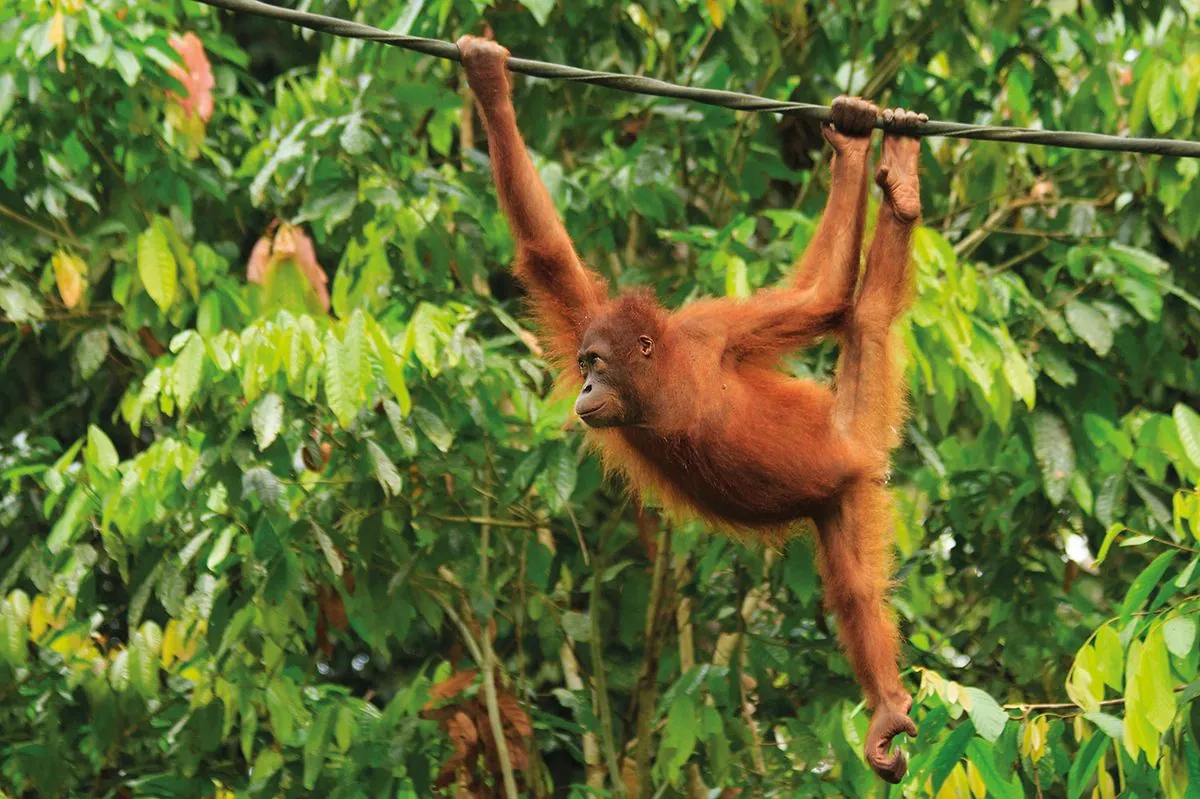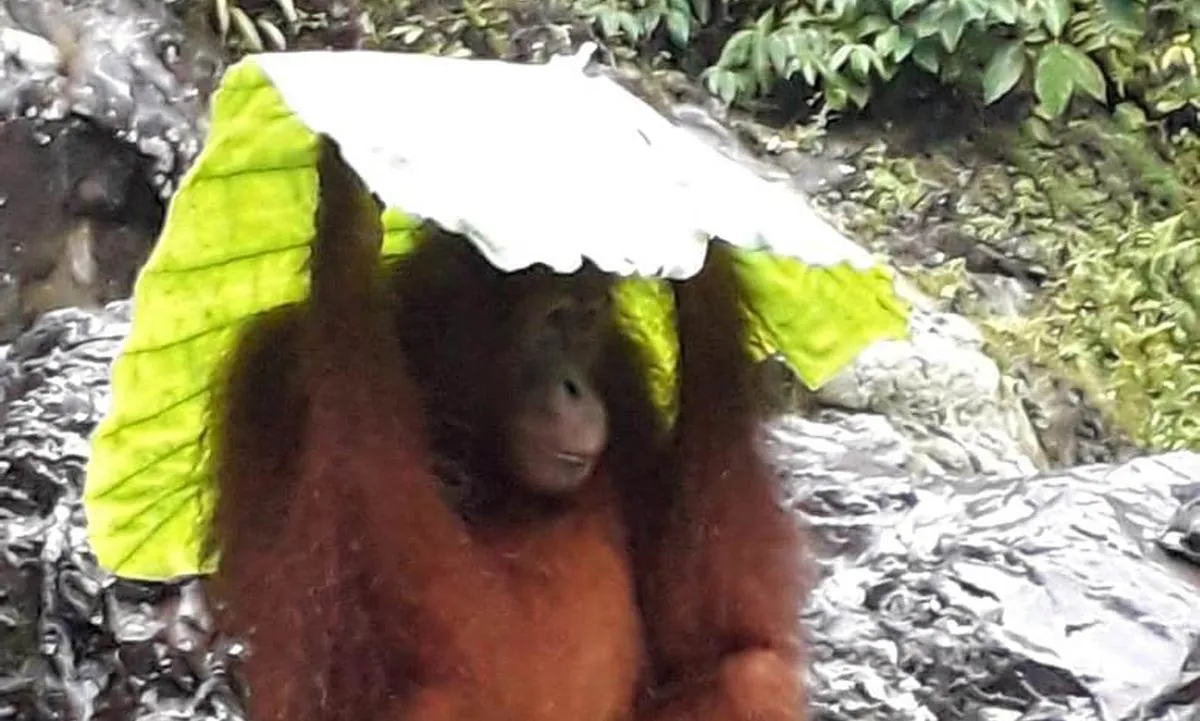Malaysia Revises Orangutan Adoption Plan for Palm Oil Importers
Malaysia modifies its orangutan conservation strategy, allowing palm oil importers to adopt primates while keeping them in-country. The plan aims to preserve forests and address EU deforestation concerns.

Malaysia has revised its orangutan conservation strategy, allowing palm oil importers to adopt these critically endangered primates while ensuring they remain in their natural habitat. This modification comes three months after the initial proposal to send orangutans abroad as trading gifts.
Johari Abdul Ghani, the Plantations and Commodities Minister, announced the updated plan during a press conference in Sabah, northern Borneo. He emphasized the importance of maintaining Malaysia's forest cover, stating that 54% of the country is currently forested, with a commitment to keep it above 50%.
The revised scheme aims to address concerns about the impact of palm oil production on orangutan habitats. Johari explained, "The animals cannot leave their natural habitats. We have to keep them here." He added that the government would collaborate with palm oil buyers to ensure the preservation of these forests.

This initiative partly responds to the European Union's 2023 decision to ban imports of commodities linked to deforestation. Malaysia, the world's second-largest palm oil producer, had previously described this law as discriminatory.
Funds raised through the adoption program will support non-governmental organizations and the Sabah government in monitoring forested areas where orangutans live. Marc Ancrenaz, scientific director of the NGO Hutan, expressed hope that the plan could finance habitat conservation efforts, such as creating corridors between fragmented forests.
Orangutans, whose name means "man of the forest" in Malay, are fascinating creatures. They share 96.4% of their DNA with humans and are considered one of the most intelligent primates. These arboreal mammals spend about 90% of their time in trees and have an impressive arm span of up to 2.4 meters.
Conservation efforts are crucial, as the orangutan population has declined by more than 80% over the last 75 years. These great apes play a vital role in seed dispersal and have been observed using tools and self-medicating with plants in the wild.
While the adoption plan shows promise, its success will depend on effective implementation and continued commitment to forest preservation. As Malaysia balances economic interests with conservation efforts, the fate of these remarkable "people of the forest" hangs in the balance.
"The animals cannot leave their natural habitats. We have to keep them here. And then we will meet the countries or the buyers of our palm oil if they want to work together to ensure that these forests can be looked after and preserved forever."


































